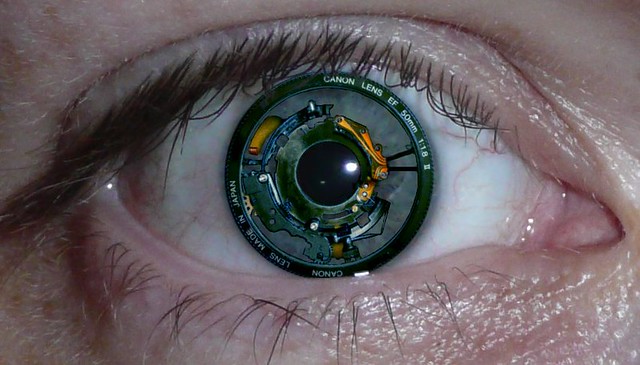- Get link
- X
- Other Apps
Sony Patent: Contact Lenses Taking Pictures and Recording Videos When You Blink – With Nicola Tesla Technology
- Get link
- X
- Other Apps
We can possibly all settle on one thing: that technological devices are getting small in size by the day. Now, contact lenses are getting cooler – well soon – and all because of nanotechnology. The technology giant Sony has ramped up their tech from something that we have only witnessed in James Bond movies, to now being our reality.

Sony has filed for a patent that shows how their smart contact lenses will captures pictures and record videos just with a blink of an eye, keeping them in a small memory space on the lens – or on the user’s eyeballs. Not only is Sony determined for this, but other technology giants such as Samsung and Google are also planning for their smart contact lenses, going public with their concepts of taking pictures, making videos and observing sugar intake; gamers will also experience improved gaming, and other potentials are limitless.
Though, Sony’s patent does not mean we will be seeing them anytime soon. However, Sony’s release of the lens will comprise a picture-taking unit, a central controlling unit, the main unit along with an antenna, a storage area and a piezoelectric sensor. The last stated unit above is accountable for observing the time on how long the eyelids have stayed opened, and it will also identify the blink that was done to take a picture, as well as the winks that were done subconsciously. This will let the unit to differentiate between taking pictures and a normal blink.
As stated in Sony’s patent, the unintentional blink is between 0.2 to 0.4 seconds, thus the patent states that if the blink surpasses more than 0.5 seconds, then it was done on purpose and will be considered a peculiar blinking, so, signaling the unit to capture the image. The antennae will provide the power to the lens wirelessly, capturing it from the smartphone, a smart tablet or a computer. The tech that was first discovered by Nicola Tesla, will use either radio waves, electromagnetic induction or electromagnetic field resonance, and to top it off, the smart lens will support an auto-focus and zoom capability.
But before happy blinking consumers can get their hands on this cutting-edge device, and for the intelligence agencies to ‘blink’ on everything in their sight, the technology is still to go through strict tests. Then again, a technology such as this, is a fascinating idea enfolded up in the scary, subject to how it will be used.
- Get link
- X
- Other Apps
Comments
Post a Comment